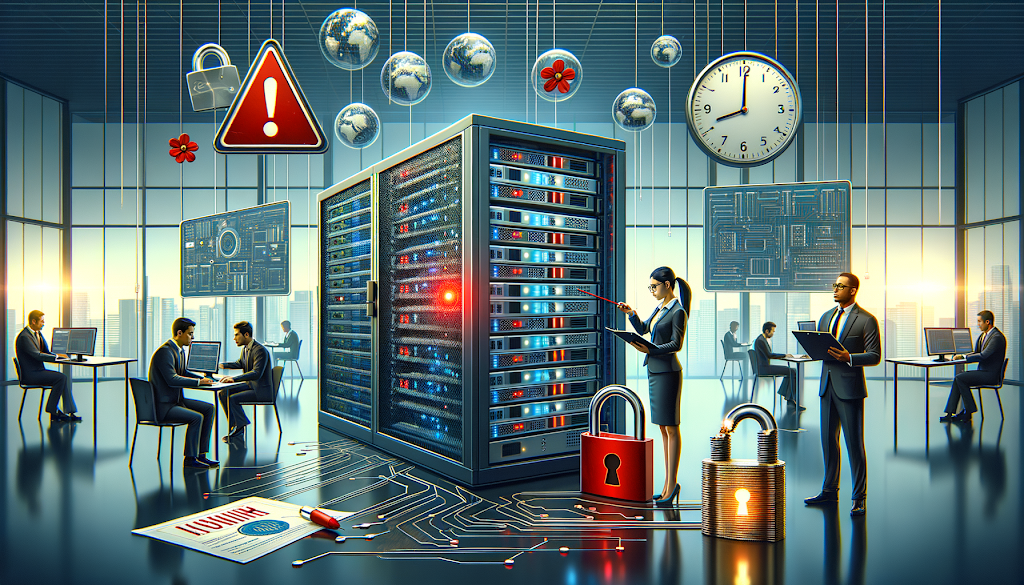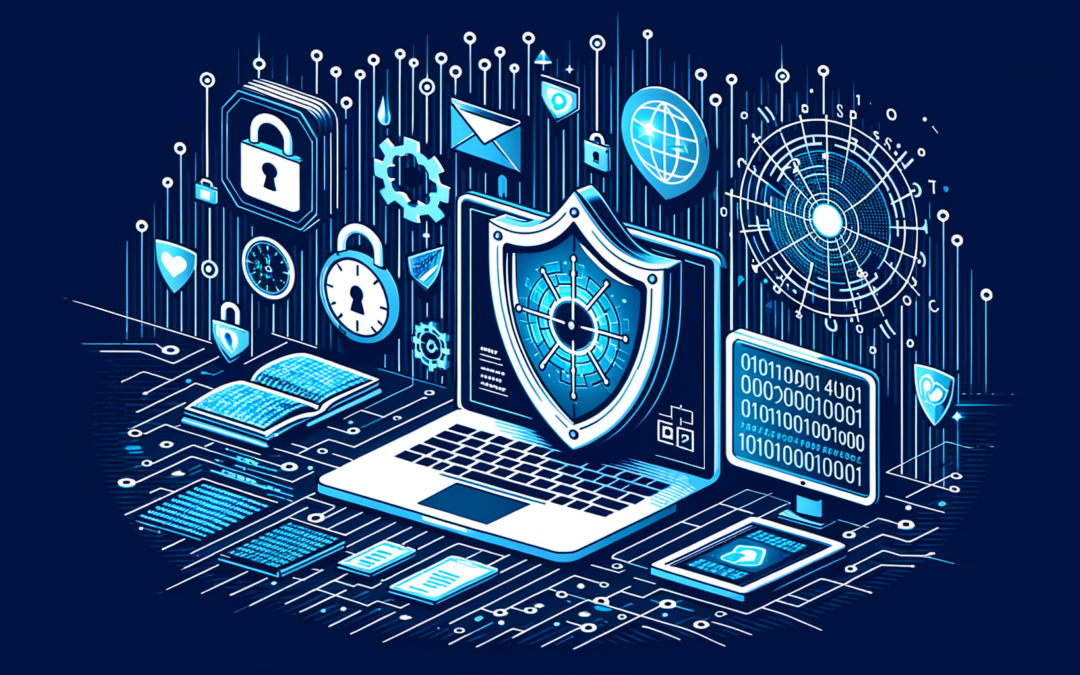Table Of Content

TL;DR:Cyber threats to the 2024 U.S. elections are on the rise, necessitating proactive measures to safeguard voting integrity.
In the lead-up to the 2024 U.S. elections, cybersecurity concerns loom large, threatening the very fabric of democracy. This blog post delves into the vulnerabilities and risks surrounding the electoral infrastructure, shedding light on the evolving tactics of cyber adversaries and the urgent need for enhanced defense mechanisms.
The Election Infrastructure Landscape
The cybersecurity landscape surrounding election infrastructure is fraught with challenges and vulnerabilities. Historically, cyberattacks in voting spaces have been a concerning trend, with the severity and frequency of threats escalating. The Cybersecurity and Infrastructure Security Agency (CISA) has been pivotal in strengthening election security and developing strategies to combat threats targeting voting systems.
AI and deepfakes have emerged as potent tools in election manipulation. AI-generated phone calls and deepfake technologies pose significant risks to the integrity of the electoral process. Incidents like AI-driven robocalls in New Hampshire underscore the need for robust defenses against such deceptive tactics.
Phishing remains a persistent threat to election officials, exacerbated by the surge in online communications during the COVID-19 pandemic. Implementing multifactor authentication and stringent security measures is crucial to mitigating phishing risks.
Social engineering tactics, where cybercriminals manipulate individuals to gain access to sensitive information, are particularly prevalent during election seasons. Rigorous hiring processes and background checks can help safeguard against social engineering attempts to disrupt the electoral process.
Data breaches continue to be a significant concern, with hackers exploiting vulnerabilities in voting technologies to access and manipulate voter data. Employing white hat hackers and implementing immutable storage solutions are essential to fortifying election security against breaches.
AI and Deepfakes
The emergence of AI-driven disinformation poses a significant threat to the integrity of democratic processes. Generative AI and deepfakes create compelling fake content, making it difficult for the public to discern truth from fiction. Audio and video manipulation through AI algorithms can sway public opinion and undermine the democratic process.
Government initiatives are crucial to combating these threats. CISA is actively working on strategies to counter AI-driven disinformation. Collaboration with state election directors and implementing AI-specific security measures are essential to safeguarding the electoral infrastructure.
Phishing Risks
Phishing attacks are a significant concern in the 2024 U.S. Elections Cybersecurity context, exacerbated by the digital transition during the COVID-19 pandemic. Hackers are leveraging this uncertainty to exploit vulnerabilities in voting systems. Techniques like quashing, involving voice phishing through clone voice calls, are sophisticated tactics used to deceive individuals.
Effective mitigation strategies against phishing include:
- Employing air-gapped networks to isolate critical voting infrastructure.
- Implementing multifactor authentication to enhance access control.
- Incorporating physical security measures to protect voting machines.
- Using independent software to reduce the risk of backdoor vulnerabilities.
- Enhancing voter privacy features to ensure the confidentiality of voting data.
- Encouraging interoperability among voting systems for information sharing and collaboration in cybersecurity.
Social Engineering Tactics
Social engineering tactics play a significant role in cyber threats, especially during elections. Cybercriminals exploit human psychology to manipulate individuals into divulging sensitive information. Preventive measures include robust security protocols, regular training sessions for staff, and raising awareness among voters to recognize and report suspicious activities. Ensuring trustworthiness in election processes is paramount to maintaining public confidence. Transparency, accountability, and adherence to cybersecurity best practices are crucial to preventing social engineering attacks.
Data Breaches
Data breaches are a critical concern, especially with legacy voting technologies. These outdated systems often harbor vulnerabilities that hackers exploit, putting voter information at risk. Ensuring the security of voter information is paramount to upholding the democratic principles of free and fair elections.
Preventing data breaches involves continuously updating and securing legacy voting technologies, implementing robust security measures such as encryption and access controls, and conducting regular system audits. Investing in cybersecurity training for election staff and leveraging white hat hackers to identify weaknesses in voting infrastructure is also essential.
Protecting 2024 U.S. Election Cybersecurity
One of the key challenges is the rise of AI-driven attacks. Deepfakes and generative AI pose significant risks by spreading disinformation and undermining trust in the voting process. A multipronged approach involving AI-specific regulations and compliance frameworks is necessary.
In conclusion, safeguarding election security requires a proactive and collaborative approach. By anticipating new cyber threats, fostering collaboration between industry professionals and governments, and enhancing cybersecurity measures, we can ensure secure voting practices and uphold the integrity of the electoral process.
As the 2024 U.S. elections draw near, the need for robust cybersecurity defenses has never been more urgent. By addressing the vulnerabilities and risks outlined in this blog post, stakeholders can work towards safeguarding the integrity of the electoral process and upholding the principles of democracy. With proactive measures and collaborative efforts, it is possible to mitigate cyber threats and ensure secure voting practices for a transparent and trustworthy electoral system.
Stay ahead of cyber threats and strengthen election security. Learn more at www.juncyber.com
Link to original article: www.cyberdefensemagazine.com/cybersecurity-concerns-facing-the-2024-u-s-elections/



